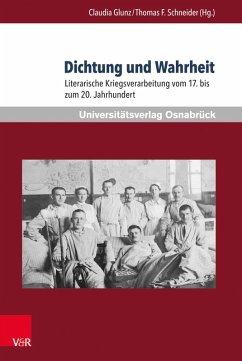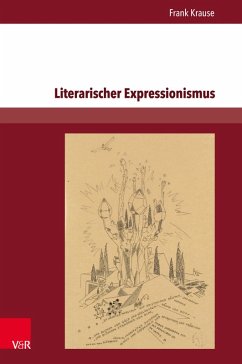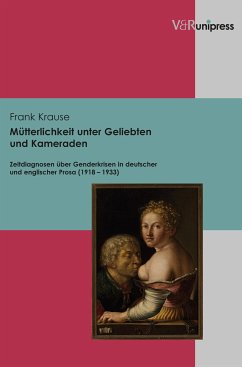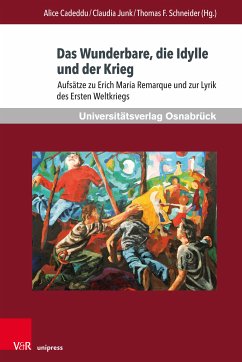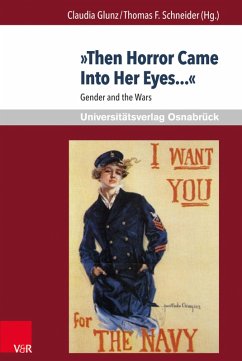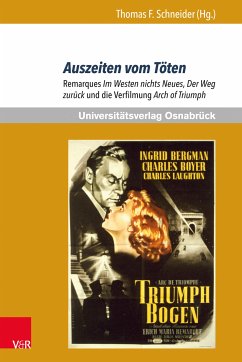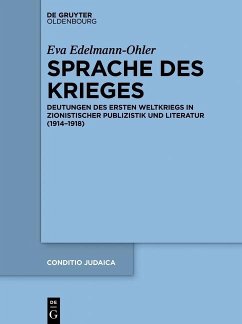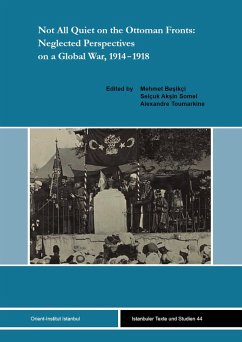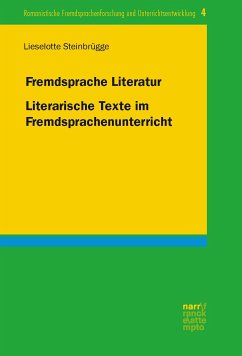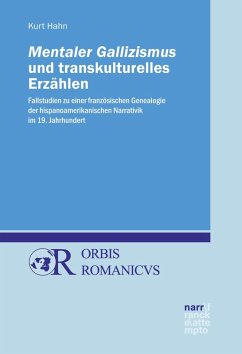
Geruchslandschaften mit Kriegsleichen (eBook, PDF)
Deutsche, englische und französische Prosa zum Ersten Weltkrieg

PAYBACK Punkte
0 °P sammeln!
German, English and French Narratives of 1914-1939 about the significance of the Great War are often concerned with adjustments of peace-specific ways of life to the conditions of warfare. The ethical views on such transitions are manifest in the ways in which the narratives' smellscapes aim to guide the readers' emotional response, and the approach to the problematics of corpse stench can serve as a reliable indicator of a text's ethical stance. In some stories, the topic is devoutly avoided, downplayed in a picaresque fashion, or covered in a coolly detached manner; in others, motifs of corp...
German, English and French Narratives of 1914-1939 about the significance of the Great War are often concerned with adjustments of peace-specific ways of life to the conditions of warfare. The ethical views on such transitions are manifest in the ways in which the narratives' smellscapes aim to guide the readers' emotional response, and the approach to the problematics of corpse stench can serve as a reliable indicator of a text's ethical stance. In some stories, the topic is devoutly avoided, downplayed in a picaresque fashion, or covered in a coolly detached manner; in others, motifs of corpse stench aim to evoke a sense of indignation, alarm, or countenance as signs of inhumane, threatening, or meaningful contexts.
Dieser Download kann aus rechtlichen Gründen nur mit Rechnungsadresse in A, B, BG, CY, CZ, D, DK, EW, E, FIN, F, GR, H, IRL, I, LT, L, LR, M, NL, PL, P, R, S, SLO, SK ausgeliefert werden.




